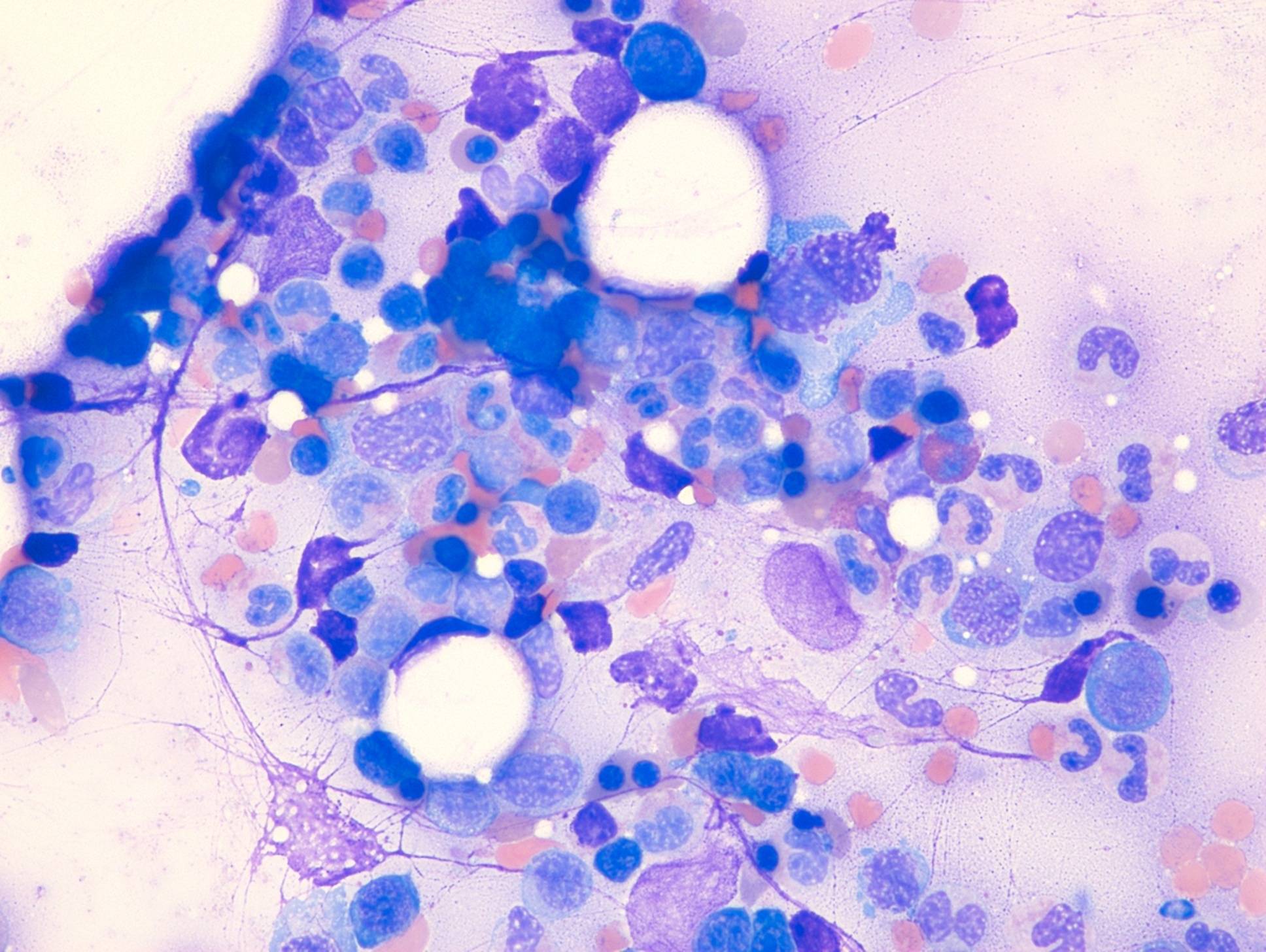Clinical Rotation Information
Policy When Clinical Rotation Cannot Be Guaranteed
Policies and Procedures When Applied Experience Cannot be Guaranteed.
The Texas State University affiliation agreement, section 1.02 (Early Termination), protects students who are already scheduled for clinical rotations. It states "if early termination does occur the parties agree to permit students already assigned for clinical education experiences at the Facility to fully complete the clinical education experience."
In a few instances, clinical faculty have been unable to accept a student who had been scheduled for their department in a clinical affiliate location. In those cases, those students were reassigned to another laboratory which had openings in that department. The MLS faculty will try to find alternate placements for students at other facilities.
CLINICAL PLACEMENT (rotation) REQUIREMENTS: The Medical Laboratory Science (MLS) Program at Texas State provides clinical placements for all MLS students entering the clinical year (senior year / 2nd year of post baccalaureate) in good academic standing. Clinical placements are carefully and methodically assigned while taking into account transportation issues, types of clinical affiliates, and student characteristics. In the event a clinical affiliate is unable to fulfill their prior obligation, alternative clinical rotations will be sought at other affiliate institutions. In the very unlikely event alternative clinical rotations are unable to be secured; affected students will be reassigned to the first available rotation site. The next available clinical rotation will occur as soon as possible but no later than one year from the time the rotation was cancelled. If the clinical rotation cancellation occurs after clinical rotations have commenced, the affected student will be placed first in the queue to receive the first available clinical rotation slot that will occur no later than one year after the cancellation. If the clinical rotation cancellation occurs prior to the start of clinical rotations, affected students will be selected based on GPA calculated from performance in the MLS courses. Students with the lowest GPAs will be required to relinquish their clinical rotation slots which will delay clinical rotations.
Students are not required to perform service work for the program or its clinical affiliates. Hours of assignment during clinical rotation courses (CLS 4463 and CLS 4465) will vary among the clinical facilities; however, the hours are typically from 6:00 to 8:00 am to 3:00 to 5:00 pm but may be subject to change. Students are not routinely scheduled for weekends or evenings, however, clinical experiences may include evening assignments as part of the educational process. If included, this assignment replaces a daytime assignment and is supervised by clinical faculty.
If a student does not pass the required MLS Program background check and/or drug screening test, they should Immediate set up an appointment with the Program Chair.
Another potential problem would be if a student does not pass a criminal background check conducted by the health care facility. Some of our clinical affiliates are conducting their own criminal background checks and will exclude a student if he/she does not meet the standards that they have developed for employees, volunteers, and students. In that situation, we would try to locate an alternate clinical site for the student.
Finally, if students do not pass drug screens conducted by a clinical facility, they may be excluded from a clinical assignment at that facility. The CLS faculty will counsel the student and make a decision regarding another placement for the student.
For more information about these policies, refer to the MLS Student Handbook or the MLS Program website (http://www.health.txstate.edu/cls).

